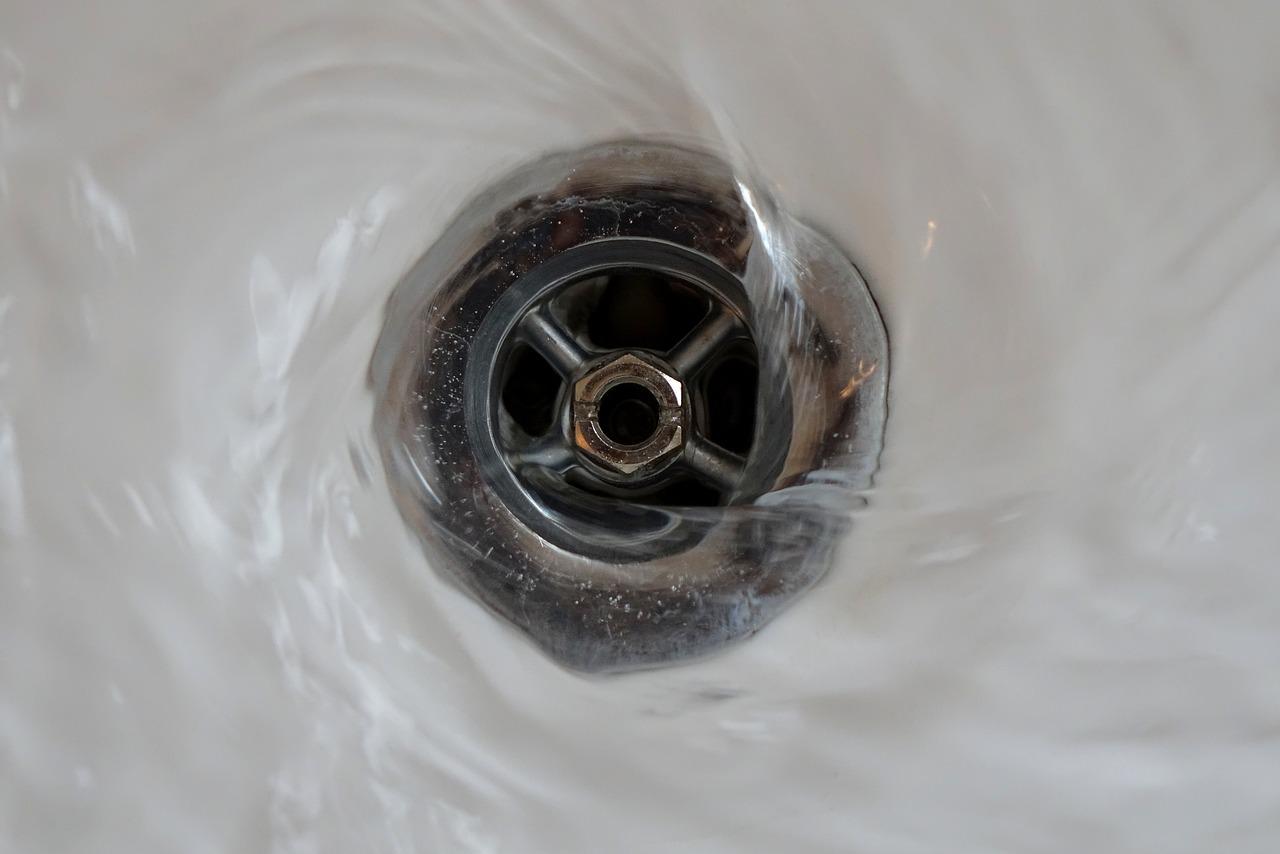There is only one political party in New Zealand with an environmental wing: National Party’s BlueGreens.
Politics is a strange game. It is far easier to point out the obvious than to offer workable solutions, which requires doing policy homework, challenging beliefs and at the very least considering other points of view.
The BlueGreens adopted the solutions-based approach by inviting various non-governmental organizations (NGOs) to speak at the Bluegreens Forum last week in Marlborough. This approach is unique in the New Zealand political landscape, where NGOs were given an opportunity to attend and actively participate in the proceedings.
Russel Norman, executive director of Greenpeace, not only attended the forum but pitched a policy that concurs with BlueGreens’ unique approach to policy discussions.
Some may see this as a negative, but I see it as a positive; after all, no political party has a monopoly on good ideas.
There were many interesting, thought-provoking presentations, but what grabbed the headlines was Christopher Luxon’s keynote address where he announced our Three Waters policy.
Some time ago, we announced our plan to return the Three Waters assets to councils and eliminate co-governance and the four large water entities. Since then, Simon Watts and our policy team have been working on a replacement policy.
Simply put, we will set and enforce strict water quality standards, and require councils to invest in the ongoing maintenance and replacement of their vital water infrastructure while maintaining control of the assets their ratepayers have paid for.
Councils will be required to demonstrate a clear plan to deliver ongoing investment in water infrastructure, and those plans will need to be approved by the Minister of Local Government.
A Water Infrastructure Regulator will be established within the Commerce Commission to set and enforce standards for long-term water infrastructure investment, and councils will be required to ringfence money for water infrastructure, and not spend it instead on other services.
These are long-lived assets, and it is, therefore, appropriate that councils utilise long-term borrowing to fund water infrastructure.
Neighbouring councils may choose to form Regional Council Controlled Organisations: we envisage several regional groups will likely emerge to deliver better water services; but ultimately, it is up to the councils.
Financial sustainability will inevitably enable long-term investment in the infrastructure that will deliver the quality drinking water, cleaner rivers and swimmable beaches New Zealanders want and expect.
Resilient, well-maintained, future-proofed, modern infrastructure will also enable communities to better cope with mounting pressures to accommodate housing growth – which is currently being stymied by a lack of infrastructure, like wastewater and stormwater services.
What is important, is that water assets stay in local hands and investment in water infrastructure is secured so that New Zealanders can be assured their water is safe and affordable.
Many have been calling for the National Party to announce our policies, and judging by my inbox, the wait was worth it.

